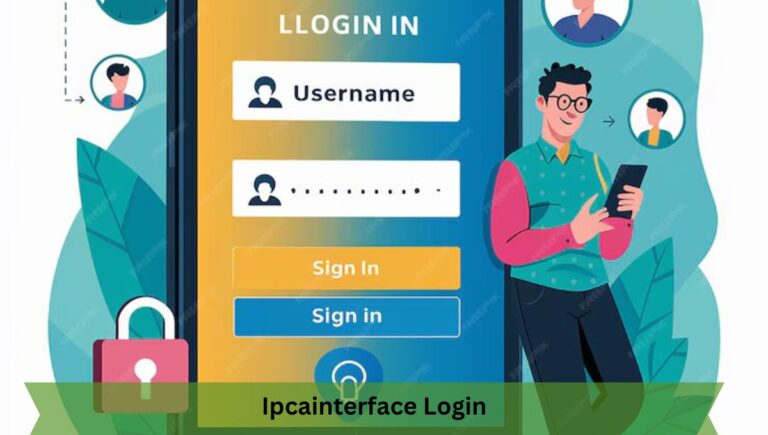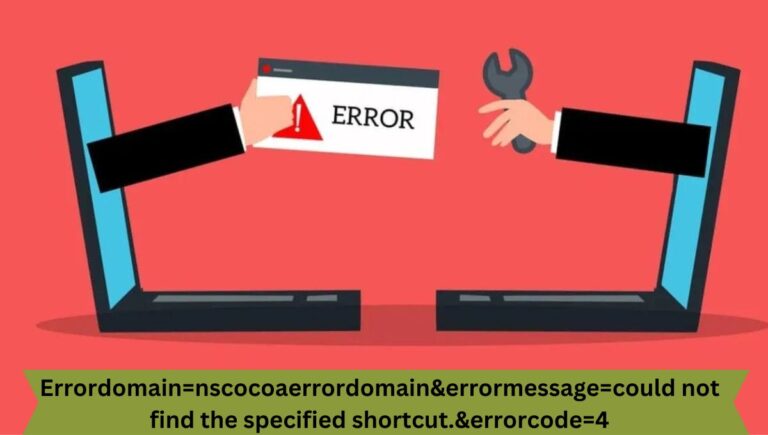FAQ About Translation Services
Translation services help companies and individuals overcome language barriers for effective communication. People often have many questions when searching for a translation service for the first time. Here are some frequently asked questions and their answers to make the search easier:
What is the Difference Between Translation and Interpretation?
Both interpretation and translation require diverse knowledge and comprehension of the languages involved but differ in other ways. An interpreter uses spoken language in real-time settings, while a translator works with documentation of past speech or writing. Translation services are provided for static content in the form of text or recorded speech.
What is a Good Translation?
A good translation should use the linguist’s language and word selections to capture the tone and style of the original author. It should make sense to those who haven’t read the source material before or have the context with the original language’s syntax. The word choices, sentence construction, and punctuation should support the existing meaning. A good marketing slogan translation may require coming up with fresh ways to say the same thing.
How Long Does Translation Take?
The length of the original text determines how long it takes to translate a document. Many translators can often finish 1,500 words in a day for most texts. Documents needing extensive background research or those with complex technical requirements may take slightly longer. If you have time-sensitive work, inquire if the translators can work overtime, if there is a translator with available resources, or if multiple people can collaborate to complete your task.
What is a Certified Translation?
A certified translation has met a country’s standards and is allowed for use in official processes. The translator of the document assumes responsibility for the translation’s accuracy by signing a declaration. Some countries only accept certified translations by state translators, but others accept from any qualified bilingual person. Experienced translators with robust quality assurance procedures can usually handle certified translation for clients.
What Makes a Good Translator?
A good translator needs to be a master of both the source and destination languages. This mastery helps to achieve the necessary level of accuracy and clarity. For accurate translation, it is best if the target language is the translator’s native tongue.
It is helpful if the translation professional is well-versed in the subject matter of the text to avoid misinterpretation. They should understand the cultural background of the language they are translating to. Understanding idioms, regional expressions, and linguistic styles employed in daily conversation helps avoid using inappropriate words.
How Do Translation Service Providers Maintain Quality?
Checks and balances are put in place by translation services for final products to be precise, consistent, and follow the client’s brand voice. A professional linguist converts the text and then forwards it to another translator who double-checks the translation and makes any necessary corrections. Quality checks are then carried out by a different language expert to confirm the finished work complies with all project requirements.
How Do You Evaluate the Quality of a Translation?
Check to see if the translation accurately captures the meaning, voice, and tone of the original content. Review word choice and sentences for any spelling or punctuation mistakes. The text should have an easy-to-understand flow with no confusing wordings to prevent misunderstandings.
Receive High Quality Translation Services
Choose translation services with experienced editors and translators to receive error-free content. Provide a clear timeline, prompt responses, and sufficient material to allow translators to deliver quality work on time. Find reputable translation service providers to receive high quality translations.






